Newsroom, Position Statements
Truth, Justice and Reconciliation
To the CAREB-ACCER and broader Research Ethics Community:
There is a need for action, accountability, and change for researchers and within Research Ethics Boards. We acknowledge that everyone, including the CAREB-ACCER Board of Directors, must work harder to understand and uphold our role in truth, justice, and reconciliation. This is an initial step in a journey to understanding how we, as allies and descendants of settlers, move forward, together, and in partnership with Indigenous peoples to dismantle systemic and personal colonialism. We all have vital roles to play in confronting both the present day and historical legacies, with a focus on creating positive change now and for the future.
To start, the CAREB-ACCER Board of Directors will take the following actions:
· Engage in ongoing cultural competency training focusing on increasing understanding of the colonial history of Canada and its enduring legacy and the requirement for change and a transition from this colonial legacy of segregation, dis-empowerment, and dehumanization of Indigenous peoples to an equitable system that upholds the basic human rights of Indigenous people;
· Launch a truth, justice, and reconciliation discussion series as part of our core educational offerings;
· Equip researchers, Research Ethics Boards, and research ethics professionals with tools and resources for addressing all forms of racism and prejudice and addressing the importance of truth, justice, and reconciliation;
· Create space to amplify the voices of Indigenous peoples by bringing together Indigenous and non-Indigenous researchers, research participants, and topics in our educational offerings and events;
· Share existing resources and materials, especially where relevant to the work of CAREB-ACCER members;
· Take concrete steps and make a commitment to these recommendations going forward using co-construction with the REB community and their best practices;
· Engaging First Nations, Inuit, and Métis Nation thought leaders and communities to establish policy recommendations.
These activities and resources are and will remain accessible to the broader Canadian research community. We know that we cannot do this work alone. We also welcome opportunities to partner with our membership as we hold ourselves accountable for doing a better job of leading the necessary work that needs to be done to dismantle existing systems of oppression and colonized thinking within the Canadian research ethics sector. We look forward to learning and growing with you.

 Français
Français